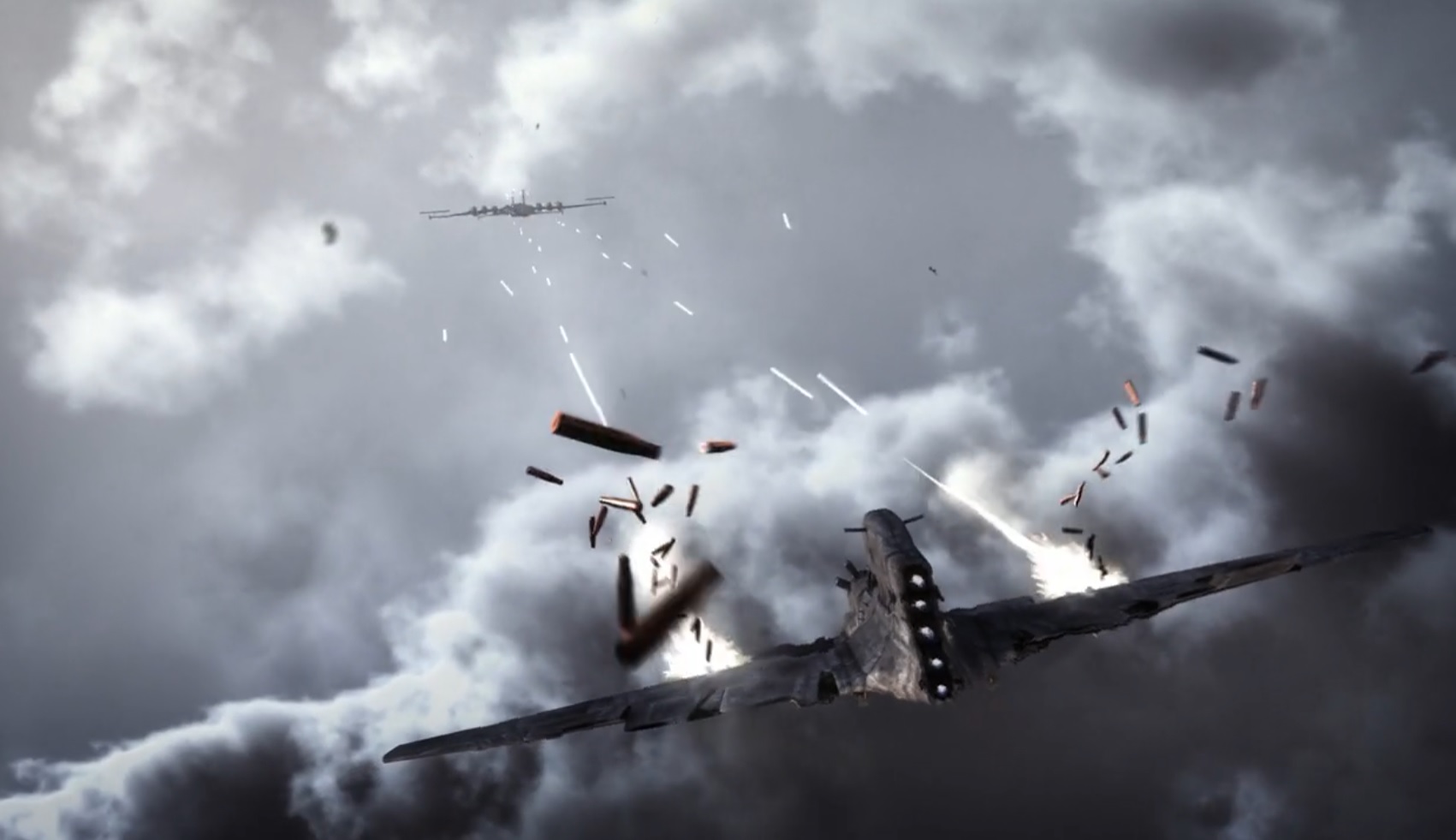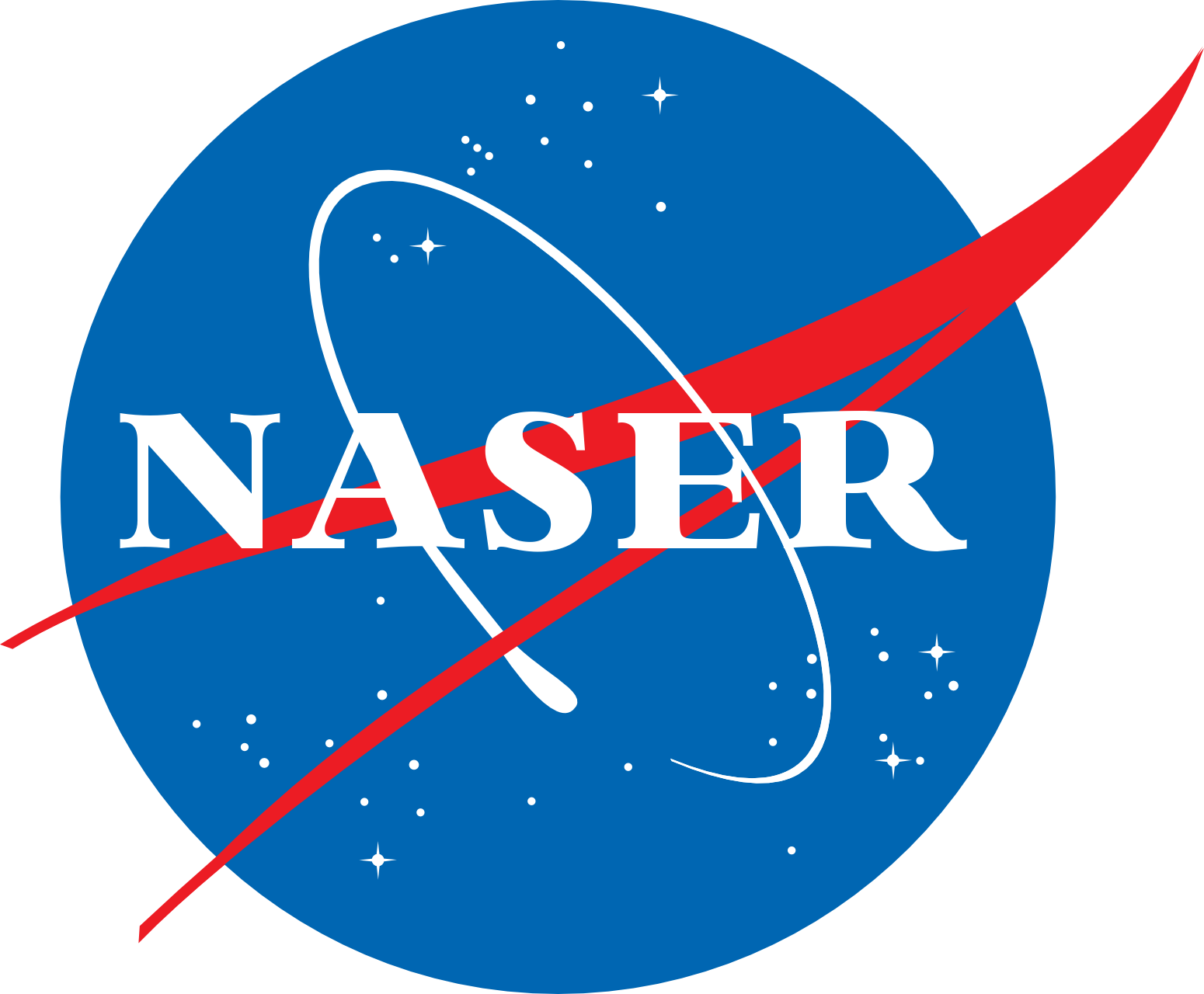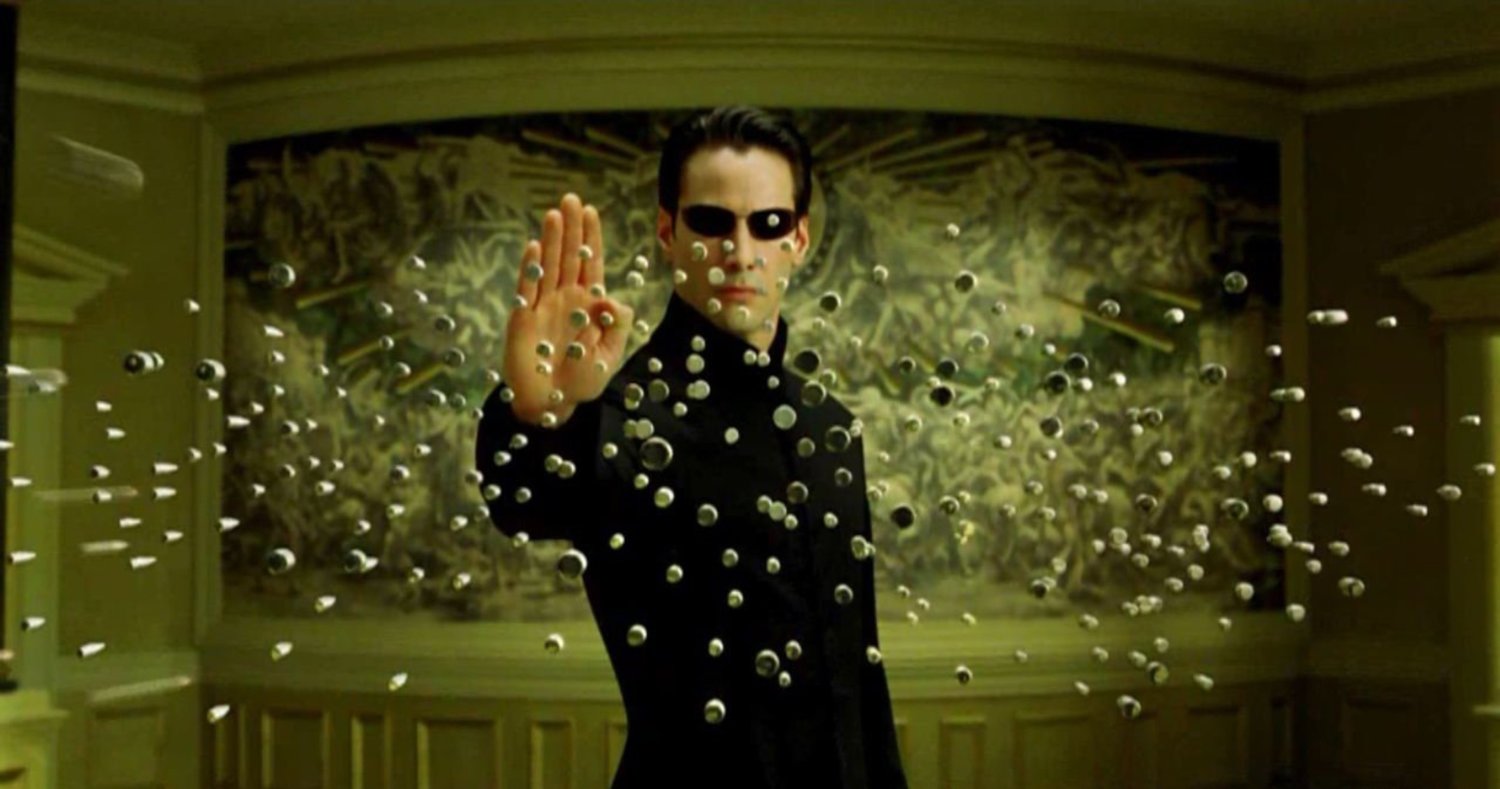CS Professor Reviews Short Films: Крепость (Fortress)
Written on June 13th, 2025 by Naser
Courtesy of Dimitry Fedotof
In this short-film series, I will present and review a selection of my favorite short films. Today’s feature is the remarkable work Крепость (Fortress) by Dmitry Fedotov:
Fortress is a cinematic endeavor that delivers in two minutes what most films fail to achieve in two hours. This is a film I watched once, ten years ago, and recently spent countless hours trying to find again.
Fortress captures a not-too-distant future with an opening scene that does not hesitate to thrust us right into the very heart of the story. The film illustrates a dystopia in which our robotic war machines continue to fight and decimate our cities and planet long after humans have been erased (after the last war). The Fortress is an aircraft, a technological masterpiece that delivers death and destruction autonomously, without human intervention.
As the hydrogen cluster bombs fall on what is clearly already a lifeless, shattered city, the onboard computers mark the mission a success. This is not science fiction; it is a mirror held up to our reality, where decisions of life and death are increasingly automated, and where destruction is justified by process alone. The question the film forces upon us is not whether machines will destroy us, but whether we have already created a world where the only survivor is war.
Yet the film does not leave us without a glimmer of hope in the form of a small plant growing within the ruins of the destroyed city. A symbolic gesture toward a hopeful future, resonating to the tune of Tchaikovsky, reminding us that tomorrow could be better. This is not some Disneyfied optimism. It is hope in its truest, most dialectical form, the kind that arises spontaneously, when all rational grounds for it have vanished.
From the deafening silence in the beginning to Tchaikovsky’s 6th Symphony at the end, the film’s excellence in visual elements is matched by its soundtrack. The ending with the Pathétique is not a coincidence. The symphony, written by a man on the verge of collapse, carries within it the weight of sorrow, longing, and the fragile persistence of hope. A fitting accompaniment to a world ravaged by its own creations, yet still hopeful of renewal amidst the ruins.
The captivating silence at the beginning of the film is not merely the absence of sound, it is the sound of absence. There are no characters in this film (at least not living ones). No dialogue. It is pure cinema in the sense that Tarkovsky might recognize: the image itself as idea. The anti-war message is not preached; it is etched into the visual syntax. Fortress haunts us precisely because it shows a world emptied of subjects, yet filled with the consequences of subjectivity.
In the end, the film does not say, “Be hopeful.” It says: hope is a contradiction. It is not a given, but a task, an ethical and existential imperative. Fortress is not merely a warning about machines, it is a brutal meditation on war itself, stripped of its human justifications. There are no heroes, no enemies, no ideology left, only the cold machinery of destruction carrying out its final orders in silence. This is the true obscenity of war: its persistence beyond meaning, beyond purpose. The film confronts us with the terrifying possibility that war does not need us to continue, it only needs our indifference. Fortress is not a call to rely on hope, but a demand to break the cycle, to resist the seduction of “necessary” violence, and to reckon with the ruins we continue to create in its name.
–
In this series I review movies that are relevant to AI, technology, and Computer Science. Suggest a movie for the next review, if you like this one. Note: This review was “written” with help from GPT-4o.

